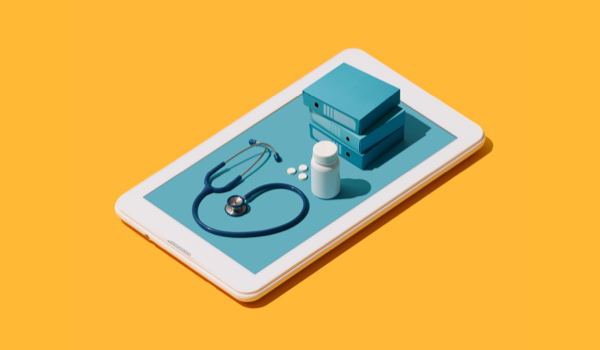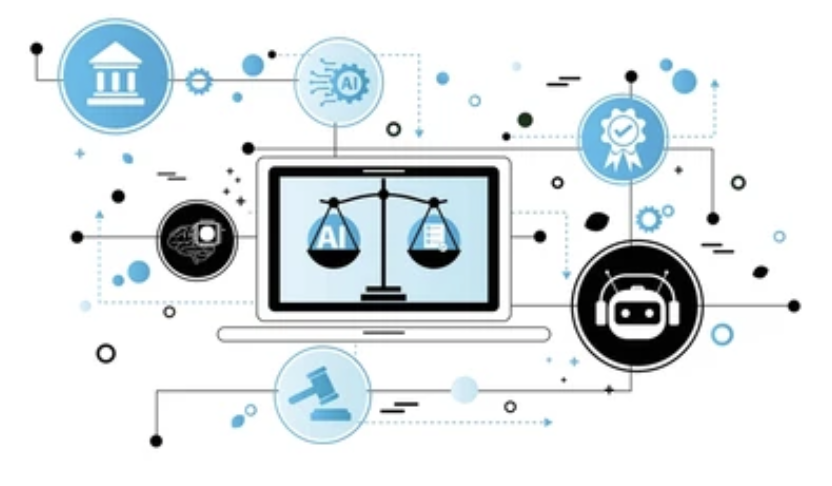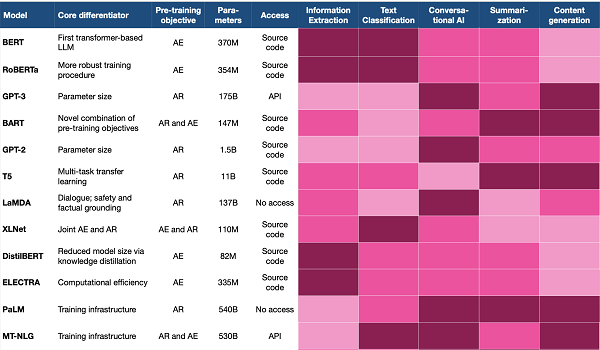


NEW YORK - Preventive medicine stands at an exciting crossroads, with artificial intelligence (AI) driving significant innovation. Traditional healthcare systems - characterized by their reactive approaches - mainly address diseases only after they have already taken hold. This post-treatment paradigm is far too costly and limits healthcare access in too many regions worldwide. AI's entry into this arena promises to accelerate a shift from this reactive model to a more proactive and patient-centric approach.1
Healthcare professionals can already efficiently identify risk factors, predict the onset and trajectory of diseases, and craft treatments uniquely tailored to individual patient profiles.2 As with all pioneering ventures, however, the marriage of AI and preventive medicine is not always smooth. This article will explore how AI is poised to improve preventive medicine, while also diving deep into the ethical concerns its adoption is likely to arouse. The aim is to offer insights into how AI will overcome existing healthcare system limitations and shape a healthier, less expensive future, one in which preventive measures take precedence over reactive ones.
Challenges beset current medical model
Given limited resources and personnel, the prevailing healthcare system is characterized by a mostly reactive approach, which involves waiting for overt symptoms before a diagnosis. This means many diseases are only identified at advanced stages when it is already difficult - or at times impossible - to treat or reverse them.3 These delayed interventions lead to increased healthcare costs and diminished effectiveness of treatment, plus more stress for both patients and doctors. Further, the system's primary emphasis on treating evident symptoms overshadows the need to investigate the root causes of illnes
The content herein is subject to copyright by The Yuan. All rights reserved. The content of the services is owned or licensed to The Yuan. Such content from The Yuan may be shared and reprinted but must clearly identify The Yuan as its original source. Content from a third-party copyright holder identified in the copyright notice contained in such third party’s content appearing in The Yuan must likewise be clearly labeled as such. Continue with Linkedin
Continue with Linkedin
 Continue with Google
Continue with Google







 796 views
796 views










